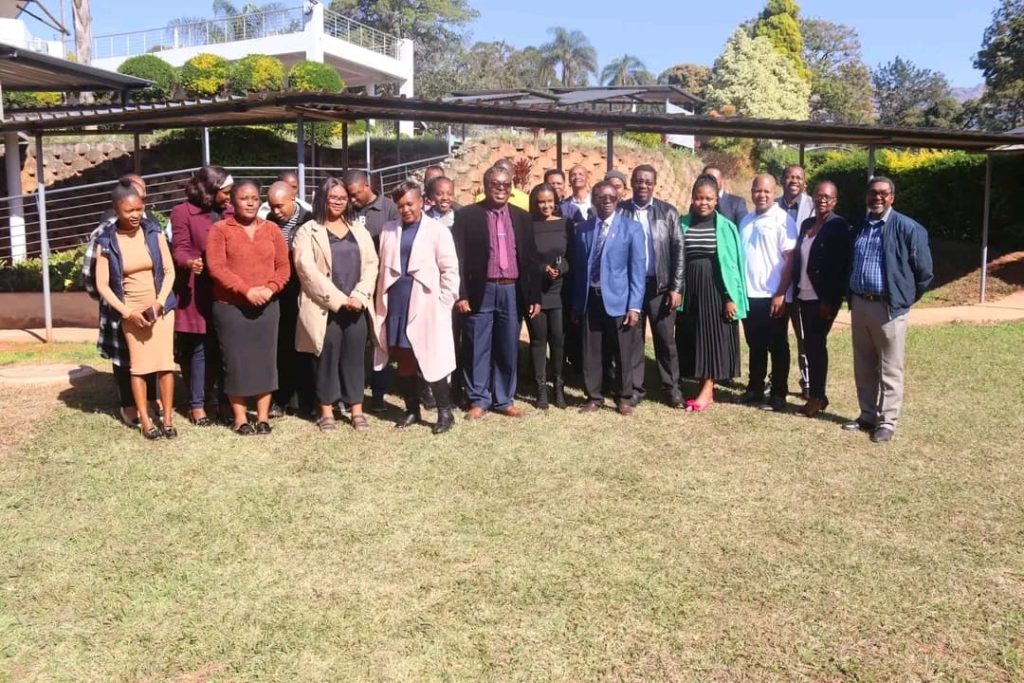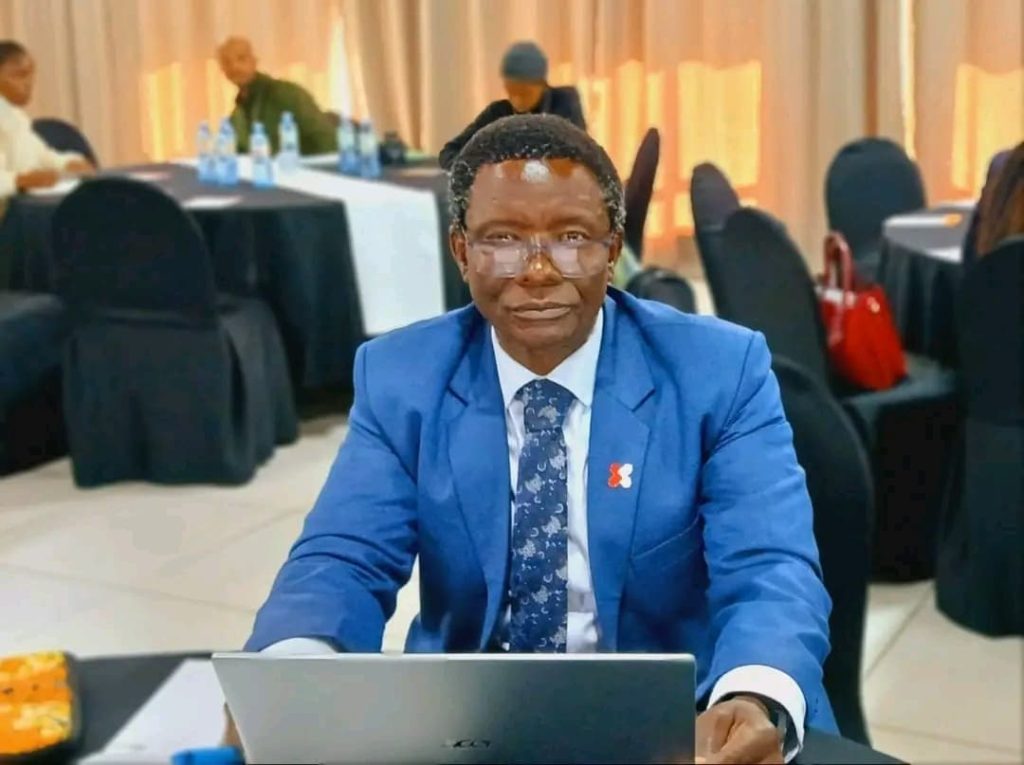
By Nontokozo Gwebu and Zamandulo Ntshalintshali
To strengthen public awareness and early action around Foot and Mouth Disease (FMD), the Ministry of Agriculture, in partnership with the National Disaster Management Agency (NDMA), convened a critical media engagement workshop on Wednesday at the Sibane Sami Hotel to provide journalists with accurate and science-based information.
This will enable Journalists to report responsibly and accurately, thereby strengthening public awareness around the national response plan.
Speaking during the workshop, the Principal Secretary (PS) in the Ministry of Agriculture, Sydney Simelane, emphasized the power of the press in shaping public understanding during outbreaks.
“The vaccine arrived on Monday, and we’ve already begun vaccinating cattle in the Shiselweni region,” he said. “We rely on the media to ensure this valuable information reaches the farmers, accurately and responsibly.”
The PS warned against misinformation, urging farmers not to source their own vaccines but to rely on official veterinary channels. He also revealed that 60 cordon guards have been hired to reinforce borders, to prevent cross-border transmission from neighboring countries.
The heart of the workshop, however, was about empowering the media to be more than just messengers. Dr. Zizwe Cindzi, one of the lead presenters, outlined the objectives clearly:
“To promote collaboration, foster transparency and trust, and ensure journalists play a proactive role in outbreak response,” he said. The workshop also aimed to align messaging across government and media to avoid conflicting narratives and reduce public panic.

Participants received in-depth training on the nature of the virus from Hhohho Regional Veterinary Officer, Dr Thembi Ndlangamandla, who described FMD as “a highly contagious disease that severely impacts livestock and the economy.” Though rare in its fatality, the virus threatens exports, slows growth in infected animals, and has no treatment, only prevention through vaccination.
In addition, legal frameworks were discussed by Dr. Roland Xolani Dlamini, Director of Veterinary and Livestock Service in the Ministry of Agriculture, who reminded attendees that transporting livestock or milk from infected areas without written permits is strictly prohibited under Eswatini’s Animal Disease Act.
Wrapping up the session, Dr. Nhlanhla Shongwe stressed that effective communication is as crucial as veterinary intervention. “We must ensure our messages are timely, clear, and consistent to guide producers, consumers, and stakeholders through this outbreak,” he said.
